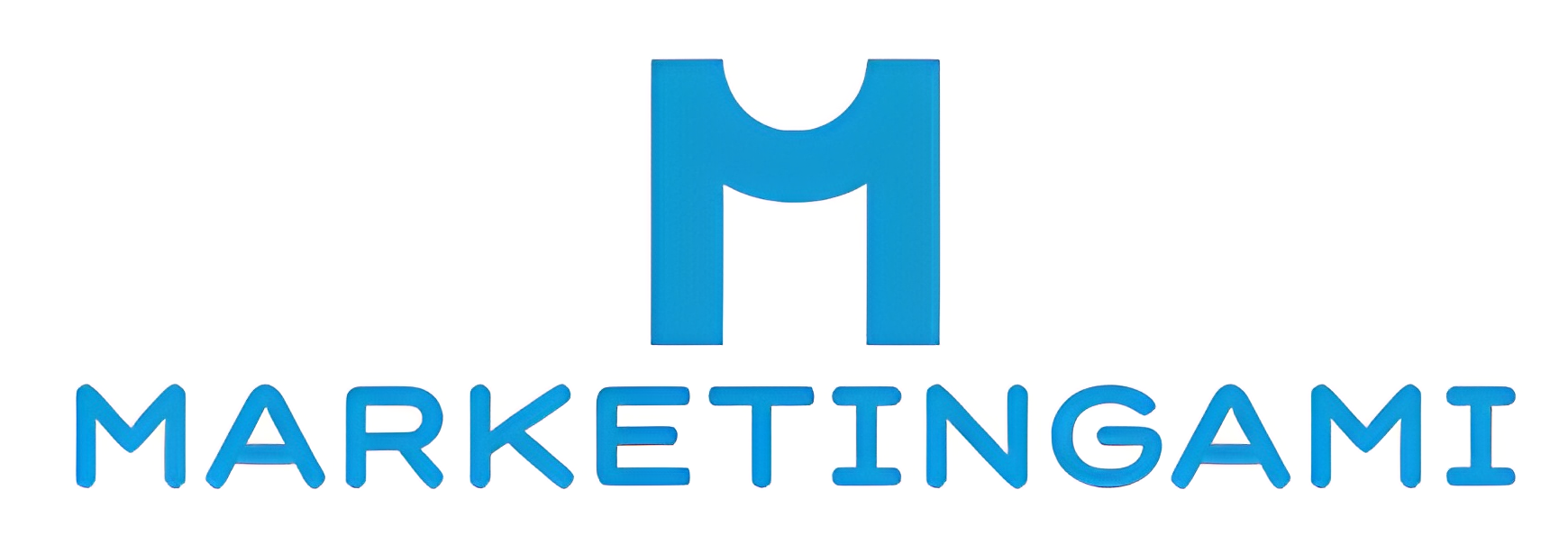Navigating International Sales Regulations

Navigating International Sales Regulations
International sales can be a lucrative endeavor for businesses looking to expand their reach beyond domestic markets. However, with the opportunity for growth comes the challenge of navigating a complex web of international sales regulations. These regulations vary from country to country and cover a wide range of areas including customs duties, import/export restrictions, product standards, and taxation. Navigating these regulations successfully is essential for ensuring compliance, minimizing risks, and maximizing profitability in global trade.
Businesses engaging in international sales must follow a series of steps to navigate the intricate landscape of international regulations effectively. These steps involve thorough research, strategic planning, and ongoing compliance monitoring.
Research Regulatory Requirements
The first step in navigating international sales regulations is to conduct comprehensive research on the regulatory requirements of the target markets. This involves understanding the laws, policies, and procedures governing international trade in each country where the business intends to sell its products or services. Key areas to focus on include customs regulations, import/export restrictions, licensing requirements, product safety standards, and labeling requirements. Utilizing resources such as government websites, trade associations, legal experts, and consulting firms can help businesses gather accurate and up-to-date information on the regulatory landscape of each market.
Develop a Compliance Strategy
Once the regulatory requirements have been identified, businesses need to develop a robust compliance strategy tailored to each market. This involves assessing the impact of regulations on various aspects of the sales process, including sourcing, manufacturing, packaging, labeling, shipping, and distribution. Businesses must determine the necessary steps to ensure compliance with applicable laws and regulations while also optimizing operational efficiency and cost-effectiveness. This may involve establishing internal processes and controls, obtaining necessary permits or certifications, partnering with local agents or distributors, or outsourcing compliance activities to third-party providers.
Implement Ongoing Compliance Monitoring
International sales regulations are subject to frequent changes and updates, making ongoing compliance monitoring essential for businesses engaged in global trade. Implementing a robust monitoring system allows businesses to stay informed about regulatory changes that may impact their operations and quickly adapt their compliance strategies accordingly. This may involve subscribing to regulatory updates, participating in industry forums, conducting regular audits of compliance processes, and maintaining open communication channels with regulatory authorities and business partners. By staying proactive and vigilant, businesses can mitigate compliance risks and maintain a competitive edge in the global marketplace.
In conclusion, navigating international sales regulations requires careful planning, diligent research, and proactive compliance management. By understanding the regulatory requirements of target markets, developing tailored compliance strategies, and implementing ongoing monitoring processes, businesses can successfully navigate the complexities of global trade and capitalize on opportunities for growth and expansion.




